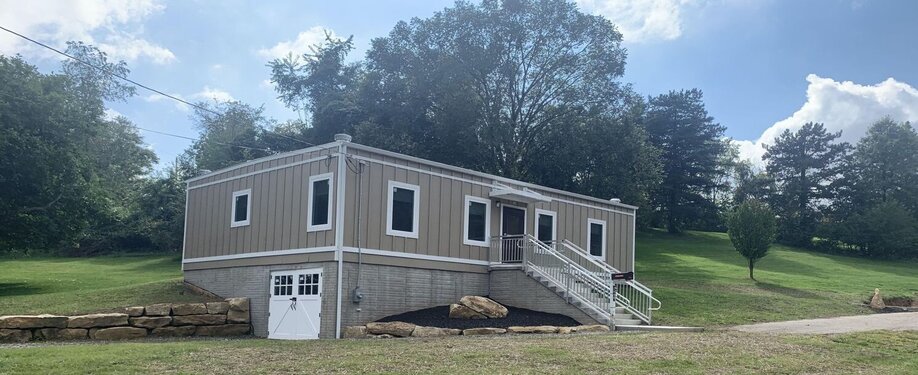Modular Buildings Buffalo, NY

Modular buildings from Modular Genius have gained increasing popularity in Buffalo, NY, in recent years due to their versatility, cost-effectiveness, and, notably, their durability. These structures are constructed using prefabricated modules or sections manufactured in a controlled factory environment before being transported to the construction site for assembly.
Despite their assembly-line nature, modular buildings are remarkably robust and resilient. So, what exactly makes modular buildings so durable? Here’s a look at some key factors contributing to their durability.
Quality Materials
Modular buildings are constructed using high-quality materials carefully selected to withstand various environmental conditions. Every component is chosen for its strength and longevity, from steel frames for structural integrity to durable exterior cladding materials, such as aluminum or fiber cement panels. These materials are rigorously tested to ensure they meet industry standards for durability and performance.
Precision Engineering
One of the main advantages of modular construction is the precision engineering involved in the manufacturing process. Each module is fabricated with meticulous attention to detail, using advanced technology and machinery. This precision ensures that every component fits together seamlessly during assembly, minimizing the risk of structural weaknesses or vulnerabilities. Tight tolerances and accurate measurements contribute to the overall strength and stability of the finished building.
Structural Integrity
Modular buildings are designed to meet or exceed the same building codes and standards as traditional construction methods. The structural integrity of these buildings is achieved through robust engineering principles and meticulous craftsmanship. Steel or reinforced concrete frames provide a sturdy foundation, while additional reinforcements, such as cross-bracing and trusses, help distribute loads evenly throughout the structure. This ensures that modular buildings can withstand various external forces, including wind.
Built-In Quality Control
Unlike traditional construction, where weather and on-site conditions can impact the quality of the final product, modular construction takes place in a controlled factory environment. This controlled setting allows stringent quality control measures to be implemented at every stage of the manufacturing process. Skilled technicians and inspectors monitor the fabrication of each module, ensuring that all components meet specified standards for strength, durability, and dimensional accuracy. Modular builders can maintain consistently high levels of quality and reliability by eliminating many of the variables associated with on-site construction.
Resilient Design
Modular buildings are designed with durability in mind. Architects and engineers prioritize factors such as robustness, longevity, and resistance to wear and tear when developing modular building plans. This may involve incorporating reinforced corners, impact-resistant materials, and weatherproof seals to enhance the building’s resilience against external elements. In addition, modular buildings can be engineered to accommodate future expansions or reconfigurations, allowing them to adapt to changing needs without compromising structural integrity.
Transportation and Installation
Transporting and installing modular buildings may seem challenging, but it contributes to their overall durability. Modules are constructed to withstand the rigors of transportation, including road vibrations and lifting stresses. Once on-site, modules are carefully positioned and secured using heavy-duty equipment to ensure they are properly aligned and anchored. This meticulous installation process minimizes the risk of structural damage and ensures that the building remains stable and secure for years to come.
To learn more about the other benefits of modular buildings in Buffalo, NY, call Modular Genius at 888-420-1113 or use our online contact form.